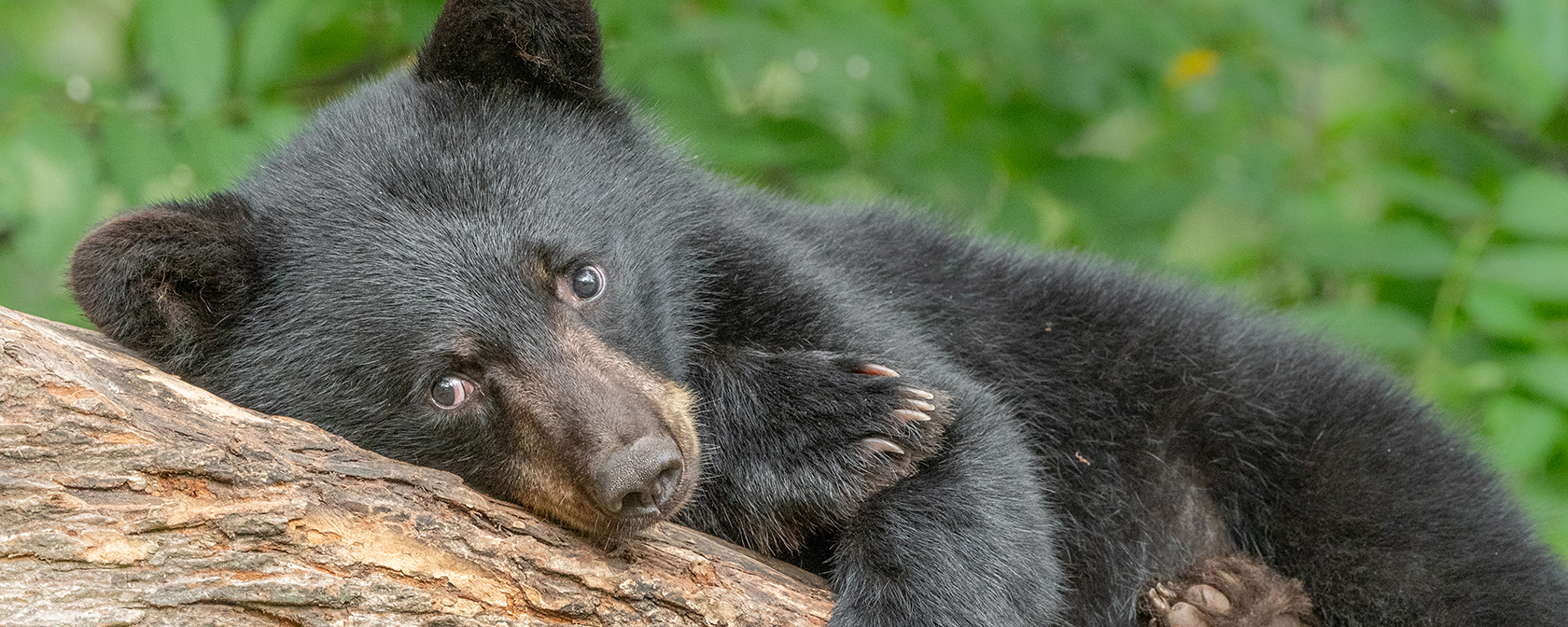Advocating on behalf of animals at the ballot box is not for the faint of heart. It requires a kind of strength, determination and stamina. Sometimes we win big—think of our California ballot measure, Proposition 12, that passed in 2018 and became the strongest law for the protection of farm animals in the U.S., which even the U.S. Supreme Court upheld—and sometimes we don’t. More recently, we were fighting against a dangerous amendment on the ballot in Florida, which ended up passing. Here, Kate MacFall, our Florida state director, and Samantha Hagio, our director of wildlife protection, discuss what happens when our efforts for animals do not prevail at the ballot box.
During this past Election Day, which was filled with ups and downs for millions of Americans, we were watching closely for the results of Florida’s proposed Amendment 2. For months, we advocated strongly against the measure—and then it passed.
Amendment 2 will now enshrine hunting and fishing practices in the state’s constitution, potentially including methods that are widely unpopular because of their cruelty.
Election campaigns are often fraught with half-truths or even outright lies, and this was no exception. Pro-Amendment 2 messaging falsely claimed that "humane conservation" was under threat, that the amendment would "protect Florida’s environment," and that hunting and fishing rights were at risk. But nothing could be further from the truth.
The deceptive measure goes much further than safeguarding outdoor recreation—it elevates hunting as the preferred means of wildlife management, meaning that other forms of wildlife management, including coexistence education and nonlethal wildlife conflict mitigation, could be shut down. Amendment 2 also cements the use of so-called “traditional methods” in wildlife management, potentially opening the door to harmful practices such as baiting, trapping and chasing down wildlife with packs of hounds.
To be clear, hunting and fishing are not and never were under threat in Florida—or any other state, for that matter. Current Florida law already protected those activities. But trophy hunting interest groups used relentless fearmongering to sway voters.
While we still feel a sense of heartbreak about Amendment 2, we know one thing: Feeling defeated won’t change the outcome for animals—only future action will.
In years to come, Florida’s wildlife will face many challenges—from habitat loss to climate change—and we remain steadfast in our commitment to protecting it. The Florida Fish and Wildlife Conservation Commission still retains constitutional authority over the state’s wildlife, and we are determined that the commission continues to feel empowered to protect it using the best available science. Thankfully, nothing about the rulemaking process within that commission has changed: Any new regulations will still have to go through public notice and comment, and members of the public will have a chance to make their voices heard. And that’s more important now than ever.
Pro-trophy hunting interests are a regular presence at Commission meetings—and they’re very vocal. We need the nonhunting majority to show up in similar numbers. After all, less than 1% of Florida residents hold a paid hunting license, and an even smaller fraction of those are interested in hunting black bears, who we suspect could be the first animal targeted for trophy hunting after passage of Amendment 2. However, if people who want to kill bears are the only ones speaking up, their voices gain disproportionate influence.
We can’t let that happen. If you care about what happens to wildlife, sending emails and signing online petitions is helpful, but showing up is essential. The Florida Fish and Wildlife Conservation Commission meets four times each year: If you live in Florida, resolve to attend each of these meetings and be a voice for animals. You can also explore volunteering opportunities to advocate for animals all over the U.S.
Animal advocacy is a long game, and the passage of Amendment 2 changes nothing in our resolve. We will continue to counter misleading narratives that harm animals with the facts and best possible science. We will continue to rally people together for a more humane world. To everyone who stood with animals, submitted letters to the editor, and shared our message about Amendment 2: Thank you.
While we may have lost this battle, history shows that perseverance often leads to progress. Public attitudes evolve, misinformation can be countered, and bad policies can be amended or repealed. We will continue to explore new ways to protect Florida’s wildlife and ensure that management decisions are based on science, ethics and public interest—not special interests.
Onward—because animals deserve nothing less.
Kate MacFall is Florida state director for the Humane Society of the United States. Samantha Hagio is director of wildlife protection for the Humane Society of the United States.




